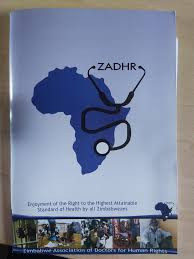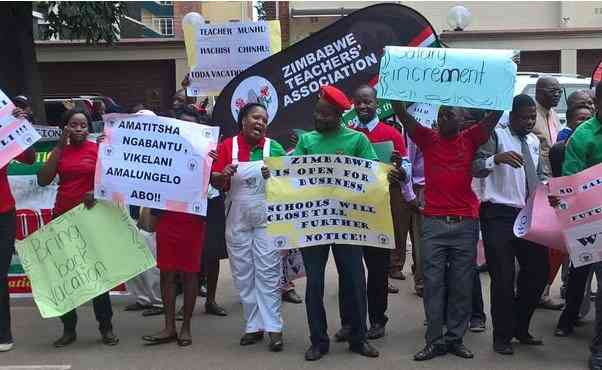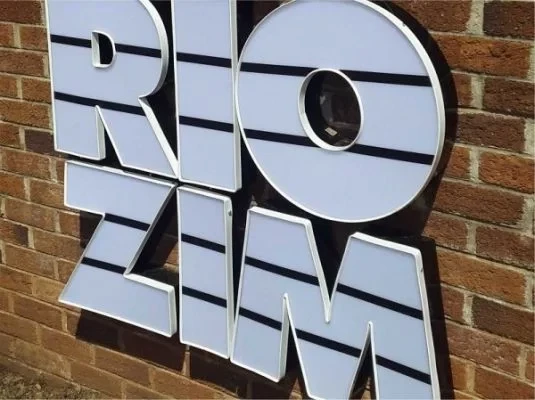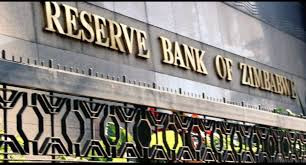ZIMBABWE remains a political minefield for citizens’ participation in governance issues. The Church in the country has been accused of failing its flock by seemingly condoning alleged injustices and rights abuses by President Robert Mugabe’s government. Small-time cleric Evan Mawarire’s accidental video rant after failing to raise school fees has had a domino-effect on social media. Personally, it has attracted threats to his life, but he is digging in. NewsDay Senior Reporter Richard Chidza (ND) spoke to Mawarire (EM) on his new-found pastime. Below are the excerpts:
ND: Who is Evan Mawarire and what got you into this new social movement that has become a craze overnight?
EM: I am a pastor for a small church and I was born in Harare 39 year ago. I am a proud Zimbabwean, a husband and father.
ND: You seem to be a passionate Zimbabwean too, and have torched a social movement involving the national flag. How did it start?
EM: I have a small Zimbabwean flag on my desk. After failing to raise school fees for my children ahead of the second term and sitting in my office, what struck me while looking at it, I felt like my own country had stood in the way of my dreams. Like it has become a stumbling block to the things I would want to achieve. I go outside the country I have a lot of success, and on my return, things fall apart. I looked at the flag and felt like what the flag represents and the state of the country, are worlds apart. They are not saying the same things and the movement called #thisflag started.
ND: So there has been an exponential growth of the movement. How does that make you feel?
Keep Reading
- Chamisa under fire over US$120K donation
- Mavhunga puts DeMbare into Chibuku quarterfinals
- Pension funds bet on Cabora Bassa oilfields
- Councils defy govt fire tender directive
EM: The first video I recorded has had over 115 000 views and I was astounded that such a large number of people felt the same way. So many people identified with what I was saying, that our country has let us down, failed us, it has stood in the way of our dreams.
I then asked people to take pictures of themselves with the flag and share them on social media and everything just exploded. I am saying even though we feel let down and terrible about our country, the national flag belongs to us and is still the symbol of a Zimbabwe that is beautiful.
Sometimes, people ask me why I have the flag, while others think I have political ambitions. But I am a citizen and I should have it. The feeling is that the national flag belongs to politicians, but it’s ours. When we support the national soccer team or other sport, we lift it up because it belongs to all of us. ND: Do you consider yourself an activist now?
EM: No, I have never been an activist, but in the past few days, I have learnt to be a citizen again. It is something I have never cared to look at in my 39 years. I am neither a political nor a social activist, it is not something I have ever thought about, but I think I have become one now. But more than anything else, I am a citizen. That should be enough for anyone whether in government or elsewhere.
ND: So your argument is government must listen to citizens?
EM: One-hundred percent and I think part of our problem as citizens is that we have always tried to air our views through a political party. We have always said could government please hear us to this and that through some political vehicle.
Through #thisflag movement is that the citizens are now aware that they can speak without having to submit to a political party. We are saying we have had enough of this mess. The citizens are saying we have a voice and those in power must allow us to given them ideas as to how we want to be governed.
We have given our country to politicians and now we want it back. Give us our country back, it is our country. Allow us to rebuild our country and choose how it is run without being coerced and without fear or favour.
ND: Have you received any threatening messages or calls?
EM: (Laughs). I have had a few and some people naturally think I am wasting time. Some think I am skating on thin ice or on dangerous ground. I have had a phone call from a hidden number and the person at the other end of the line threatened me. First, I thought a friend was pulling a joke, but then I realised they were serious. He basically said: “Unofunga kuti wakangwara? Unomboziwa kuti flag iroro rinodzipa here? Urikuda zvehondo here? Uri mufundisi here kana politician? Taura zvaurikuda tikugadzirise (Do you thing you’re clever? Do you even know that the same flag will choke you to death? Are you on a warpath? Are you a cleric or a politician? Say more and we will sort you out)’.
It was a sobering moment for me, but then, I made a decision that as scared as I am, I remain a citizen and it is my job to look after my country. It is my job to speak to my leaders. I have a duty to tell them that what they are doing is not working, people have no jobs, we have biochemistry graduates selling airtime in the streets and that is not okay. So the threat came in, but then, if they are going to harm me, there is a generation that will know that this was what those in authority did. The fact is they do it to one, they do it to all. ND: How has your family reacted to this?
EM: My wife has been very supportive, incredibly so. This is not something that happens every day unless you are an activist or politician. She just said she was glad I did not insult anyone and that I had spoken nothing, but the truth. It has also been humbling that hundreds of thousands of citizens have also taken it up and shown that they feel the same way. I have a duty as a pastor to speak against poverty, corruption and injustice. ND: Do you think the Church has done enough to speak out against injustice and poverty?
EM: I think it has, but at times, the Church has taken a back seat. I think it is abdication of our duty to leave issues of public management to politicians. We could do more and politicians and those in power should take their moral compass from the church.
They must know that the church will be watching whatever they are doing and will hold them to account on everything they will do, good or bad. The Church has done a great job, but we can do more if only we can stop trying to preserve our names and churches. ND: So are you scared?
EM: I would be lying if I said I feel safe. It’s not something I have ever done and there are stories abound in Zimbabwe of a number of people who have disappeared after speaking out. But for me, the resolve to be an unrepentant citizen of good standing drives me.
I can no longer justify my silence at the moment, never mind where we have come from, which is a very hard place. My silence would be a travesty of justice even when those very close to me say I should slow down. I just want to participate in the building of a better Zimbabwe. I am just a regular person and cannot lock myself up because of fear. ND: You have set a seven-day process for fellow citizens to join in, then what?
EM: It is a question I have no answer to, but it has been asked by quite a few. But we decided to find a non-violent way of sending a message to those in power to say we are tired of poverty, injustice and corruption. That we are tired of watching people getting away with criminal behaviour, with corruption and others being punished for speaking out against this or some other perceived behaviour against authority. But what happens next, I have no idea.





